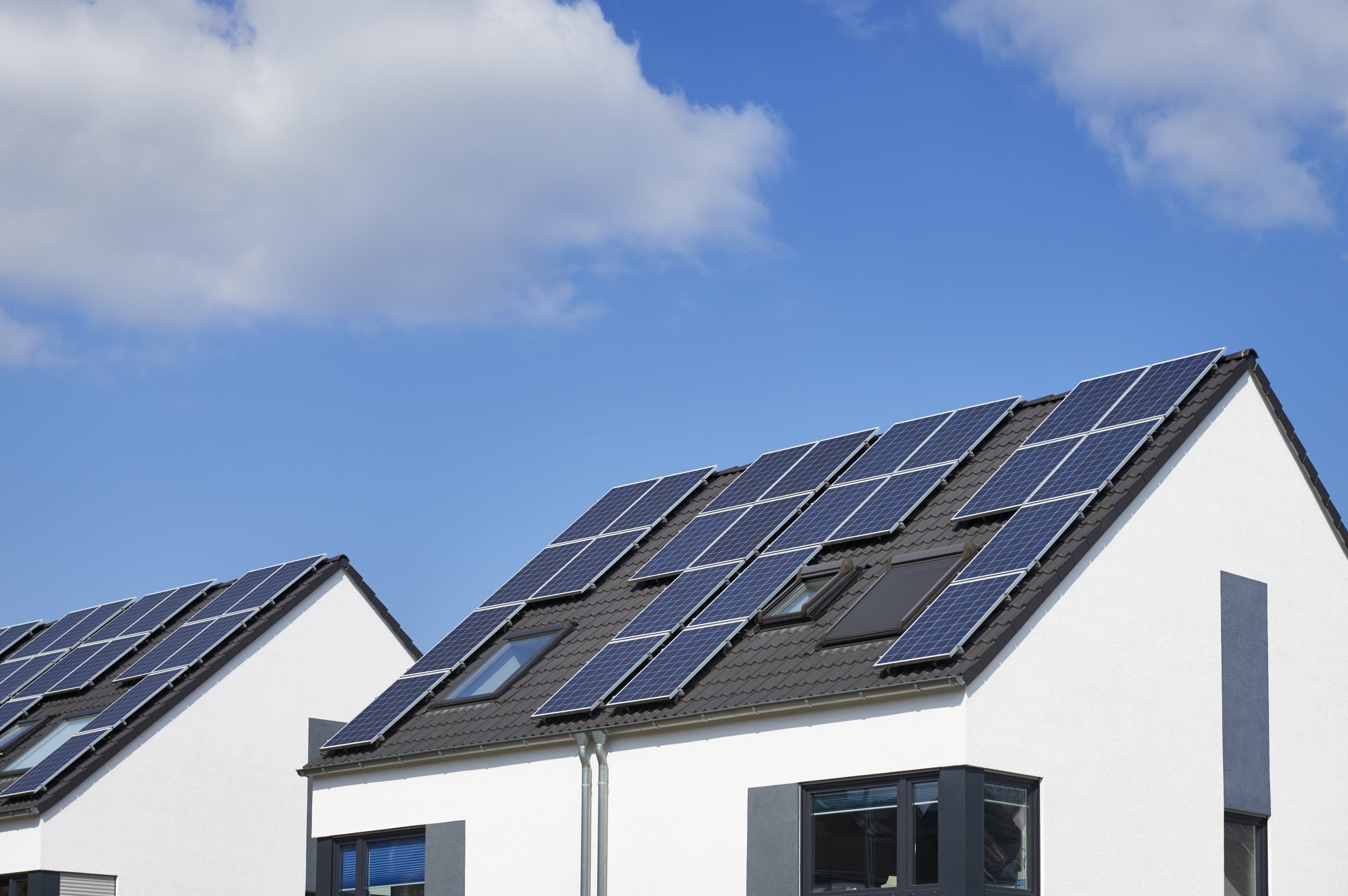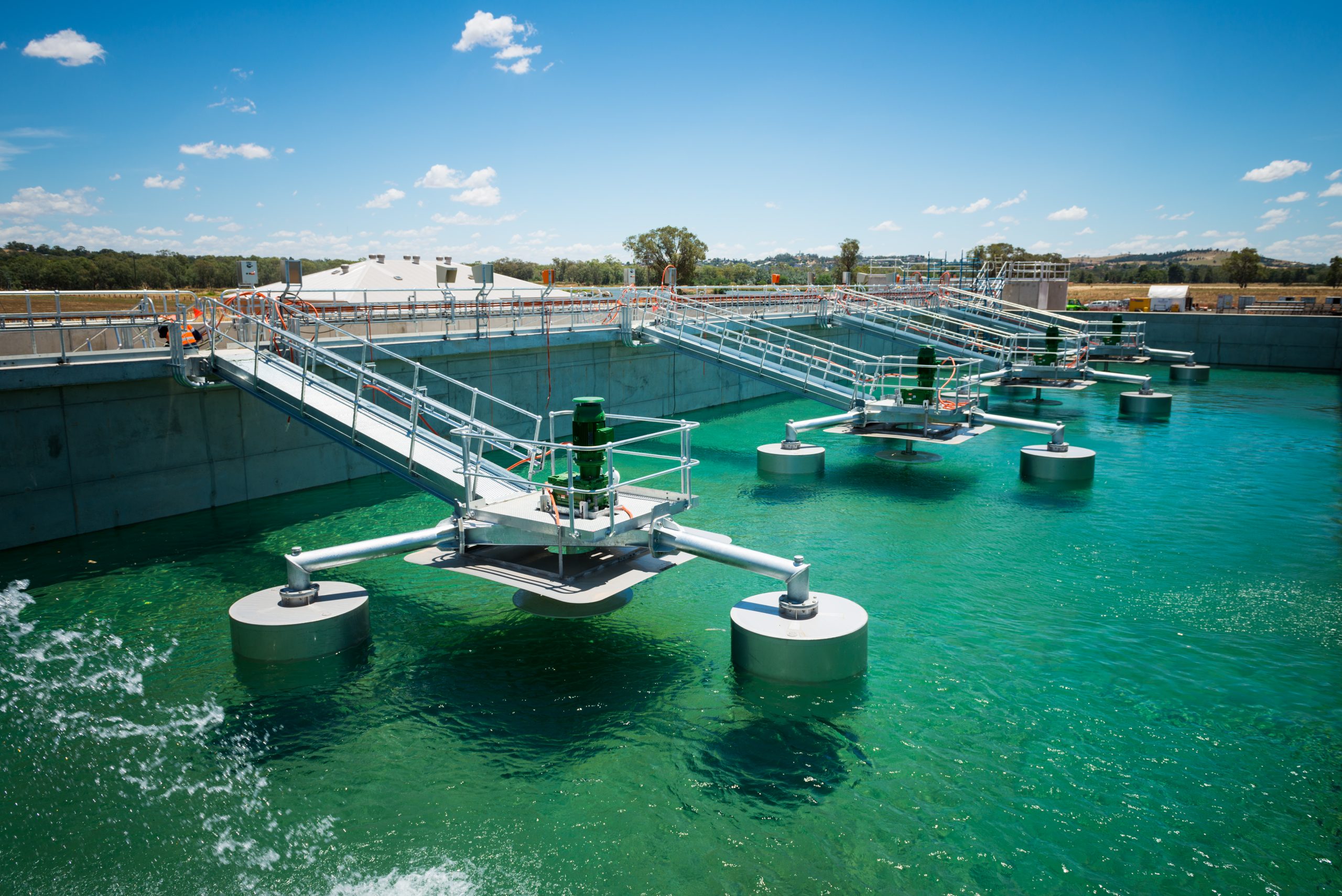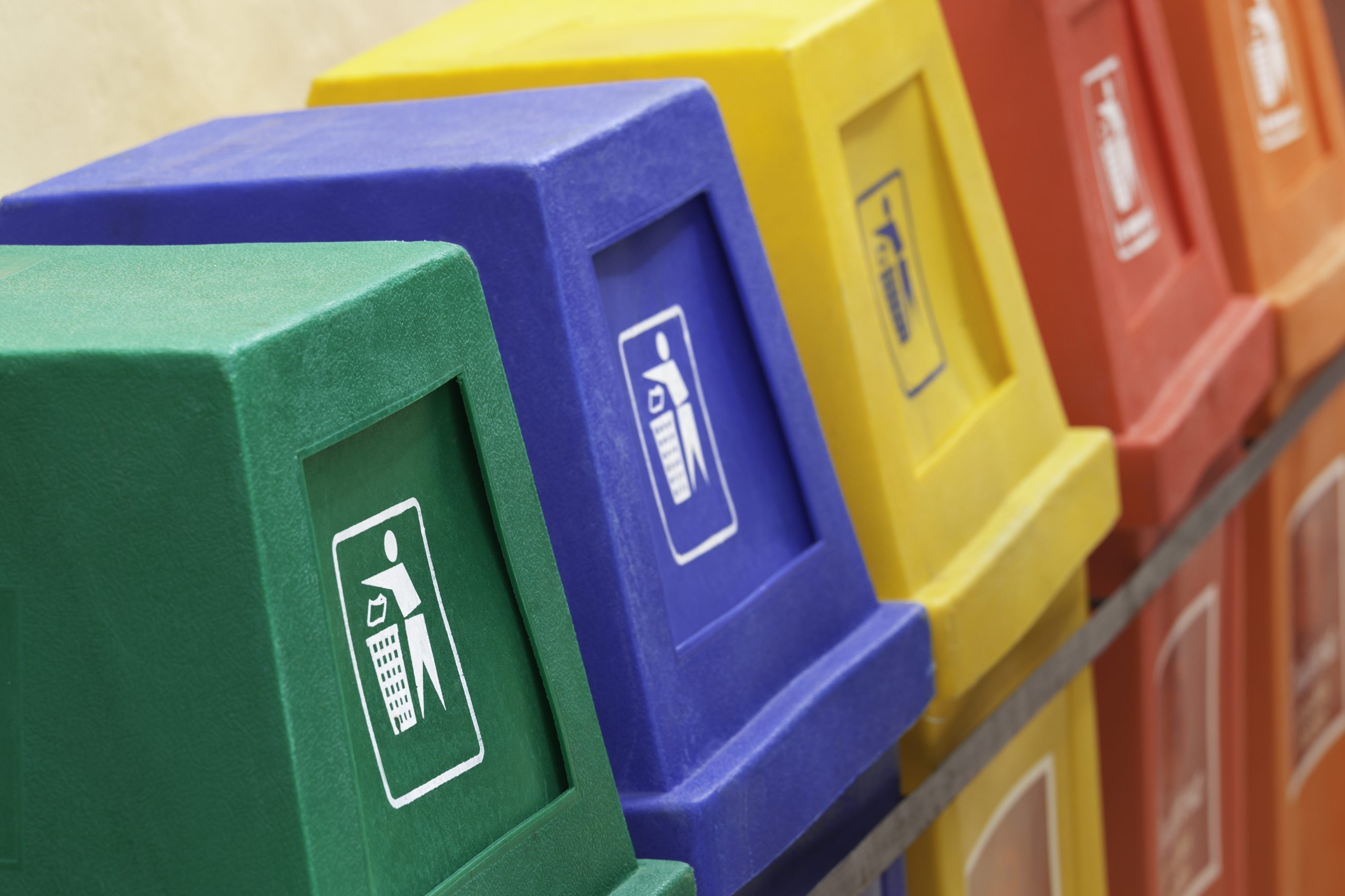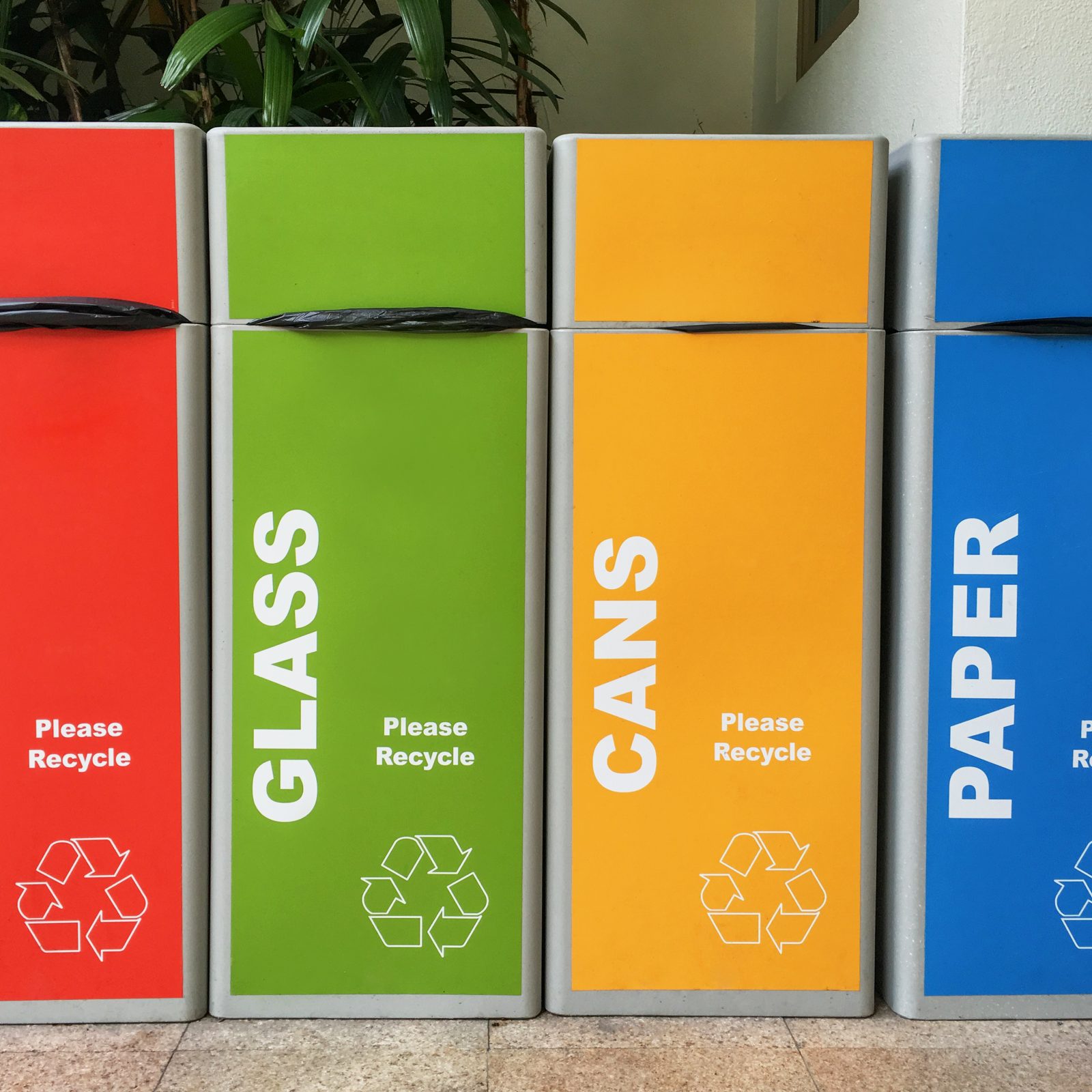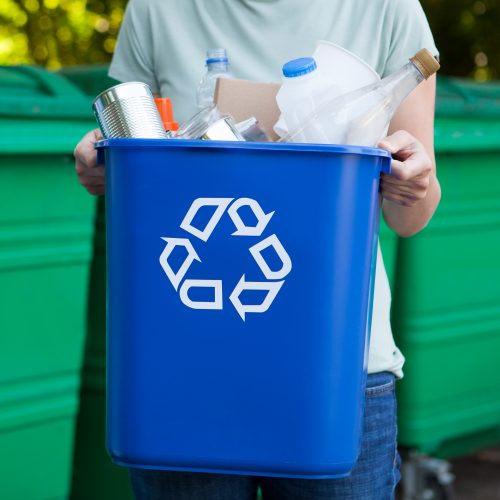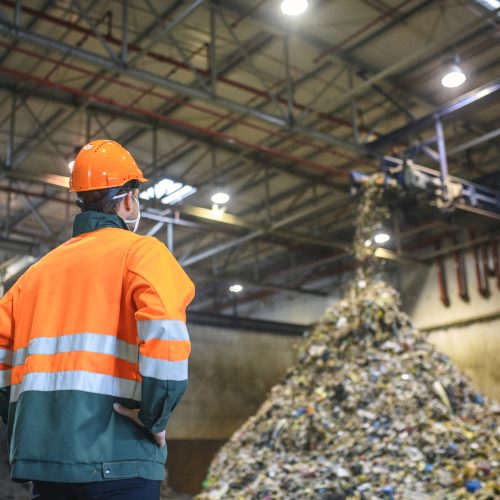Description
Important steps to reduce landfilling include sorting and treatment of waste. These are also necessary steps to capture economic value from produced waste. Waste sorting is a prerequisite for specialised disposal of hazardous waste and for recycling. It is also the first step of treatment processes aiming to convert waste into fuel for energy purposes.
Waste can be sorted after its arrival at a landfill, a transfer station or a waste treatment plant. However, waste sorting has proven to be most cost efficient when it is combined with pre-sorting at source by households and businesses – for example, through kerbside collection schemes or recycling yards with multiple bins for recyclables and other waste streams such as paper, glass, metal, garden waste, food waste and residual waste. However, it should be noted that waste sorting, aimed at promoting recycling, is only economically justified when the general waste stream is sufficiently rich in recyclables. As a general rule, the share of recyclables in the general waste stream tends to increase in line with GDP per capita.
Further treatment of non-recycled waste includes the biological treatment of residual waste or anaerobic digestion of food waste. Both treatment processes require large investments and aim to convert waste into refuse-derived fuel (RDF). As recyclables and RDFs are sold through pre-agreed contracts or through relevant markets, it is important to secure reliable access to such markets and contracts prior to large investments in sorting and treatment solutions.
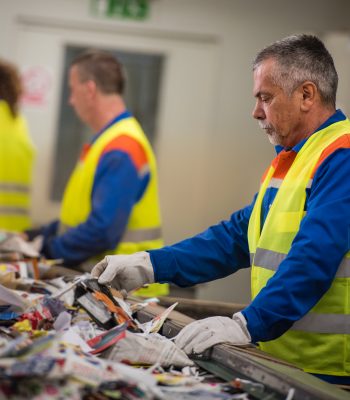
Resource implications and key requirements
Separation of waste is costly. Pre-sorting of waste at source implies additional costs for equipment and vehicles able to deal with pre-sorted material. It also implies additional capital, energy and staff costs linked to the extra mechanical or manual sorting processes. As a general rule, one can assume that recycling of household segregated waste is almost never a profitable activity despite the revenues from the sale of recyclables. However, recovering recyclables from industry and institutions is easier to operate and less costly and may generate profit for the operators.
Waste treatment facilities are large investments and require predictable waste streams and offtake agreements for many years.
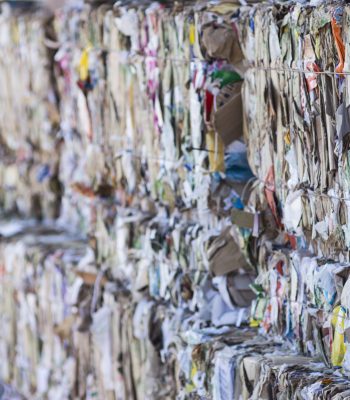
Potential private-sector participation
Experienced private collection companies contracted through international competitive tenders can provide useful expertise and cost-efficient waste sorting and collection solutions. Private contracts can also help introduce better contractual arrangements and depoliticise and professionalise collection services, with clearly defined rights, obligations, processes, performance targets and incentive-based revenues. Requiring private collection companies to undertake
awareness and attitude campaigns can be a way to further align the incentives – as successful attitude campaigns and increased buy-in from residents and businesses benefit the collection company. Some of the financing for vehicles and other equipment can also be provided by private collection firms, although this will not bring down the overall costs of waste sorting and collection. Private contracts for the promotion and collection of pre-sorted waste should cover multiple years (five or more) in order for companies to be considered creditworthy and to benefit from their information and attitude campaigns.
The financing, construction and operation of waste treatment plants have proven to be done effectively by private contractors through PPP-style arrangements. However, risk mitigation through long-term agreements covering waste delivery and offtake of refuse-derived fuel plays an important role.
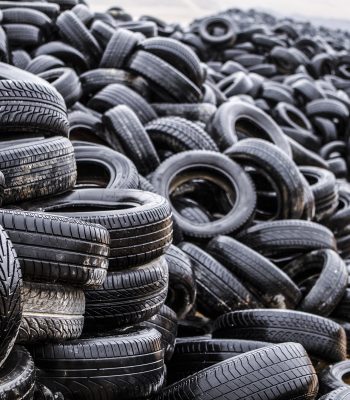
Implementation obstacles and solutions
Formalised waste separation at source may come into conflict with informal waste collection activities and may have political and social implications. Waste sorting may also be met with objections from residents and businesses, who may have to change their behaviour and potentially encounter higher collection fees. To address this, targeted awareness campaigns, comprehensive stakeholder engagement and strong political commitment are necessary. By incentivising private collection companies to also undertake awareness-raising campaigns one may accelerate the effort needed to improve sorting and the overall buy-in from various stakeholders.
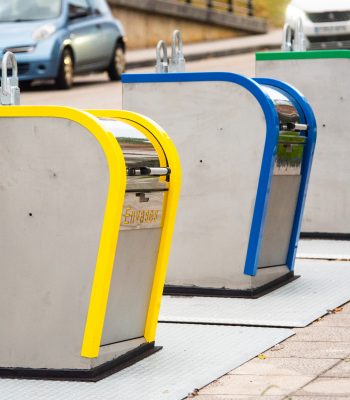
Unintended effects
Waste-to-energy solutions can come into conflict with efforts aimed at recycling or waste minimisation, as large investment in waste treatment facilities requires large volumes of waste, preferably with a high calorific value sometimes found in recyclables. EU directives are increasingly ambitious in terms of recycling and waste minimisation and it is important that waste-toenergy solutions are aligned with these targets for all EU and EU candidate countries.



